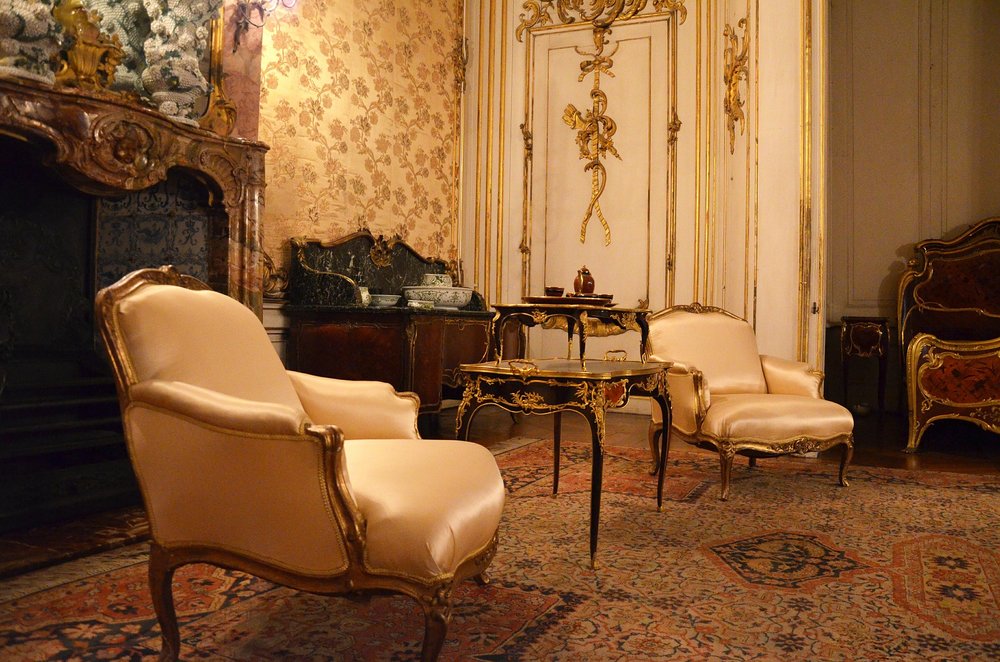Antique furniture buyers play a crucial role in sustainable living by promoting the reuse of quality pieces, reducing waste, and preserving the craftsmanship of the past. Let’s explore how buying and selling antique furniture supports sustainability and why it’s an eco-friendly choice.
1. Promoting Reuse and Extending the Life of Furniture
One of the main ways antique furniture buyers contribute to sustainability is by promoting the reuse of existing pieces. Instead of buying new furniture that requires raw materials, energy, and resources to produce, antique buyers give new life to items that already exist. This not only reduces the demand for new production but also helps keep perfectly good furniture out of landfills.
Why It Matters:
- Less Waste: By choosing to buy antiques, we reduce the amount of furniture that ends up in landfills. Antique furniture is typically well-made and designed to endure, making it a sustainable option.
- Resource Conservation: Reusing furniture conserves the resources that would otherwise be needed to produce new items, such as wood, metals, and fabrics. This also saves the energy used in manufacturing, reducing the overall carbon footprint.
2. Reducing the Need for Mass Production
The mass production of furniture has a significant environmental impact, from the deforestation required to source raw materials to the pollution generated during manufacturing and transportation. Antique furniture buyers in Long Island help reduce this impact by opting for pieces that were crafted long before the age of mass production, often with sustainable methods and materials.
Why It Matters:
- Lower Carbon Footprint: Buying antiques means less demand for new furniture, which in turn means less pollution from factories and less energy consumption. The carbon footprint of a piece of furniture doesn’t end when it leaves the factory; it continues through its lifecycle, including shipping, storage, and eventual disposal. Antiques bypass much of this cycle by already existing and being reused.
- Avoiding Harmful Chemicals: Many modern furniture pieces are made using harmful chemicals, such as formaldehyde in pressed wood products or flame retardants in fabrics. Antique furniture, on the other hand, was typically made without these harmful substances, making it a healthier choice for your home and the planet.
3. Preserving Craftsmanship and Quality
Many antique pieces are handmade with attention to detail and quality that is rarely seen in today’s mass-produced items. By buying and valuing antiques, buyers help preserve these traditional skills and the history they represent.
Why It Matters:
- Support for Artisanship: Every piece of antique furniture is a piece of history that tells the story of its maker. By purchasing antiques, buyers are supporting the work of past artisans and keeping their craftsmanship alive.
- Durability and Longevity: Unlike much of today’s furniture, which is designed to be replaced frequently, antiques are built to last. This durability not only makes antiques more sustainable but also means that they often remain beautiful and functional for generations, making them a worthwhile investment.
Conclusion
Antique furniture buyers play a vital role in promoting sustainable living by supporting the reuse of quality pieces, reducing waste, and preserving the craftsmanship of the past. By choosing antiques over new, mass-produced items, buyers help conserve resources, lower their carbon footprint, and keep valuable furniture out of landfills. Beyond the environmental benefits, buying antiques also supports a more mindful and meaningful approach to furnishing our homes, one that values history, quality, and sustainability.
See Also: Đeman Uncovered: 4 Surprising Facts About Its Connection to Seasonal Changes.
FAQs:
How does buying antique furniture help the environment?
Buying antiques helps the environment by reusing furniture instead of buying new ones. This reduces waste, saves resources, and keeps good furniture out of landfills.
What’s the benefit of keeping craftsmanship alive by buying antiques?
Buying antiques supports the traditional skills and craftsmanship of the past. It also means you’re choosing unique, high-quality pieces that add character to your home and help reduce waste.




